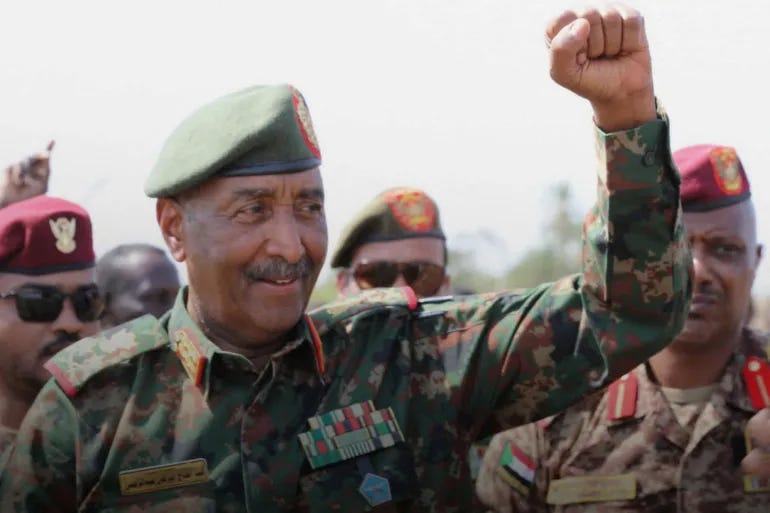#JusticeForCwecwe
The threat of sexual assault in South Africa is tangible. It does not just hang in the air, somewhere above us that we cannot reach. It is real, and it stays with you. It is keys clenched between fists, fake phone calls with fake husbands in the back of an uber. It is a rotation of fake names and numbers on nights out, or days out. It is never leaving a girl behind. It is 15 and 16 year old girls standing their ground against the grocery store security guy. It is the same girls starting petitions, lobbying schools and government; educating, arguing, protesting. In high school, this pre-occupied me. The murder of Uyinene Mrwetyana in 2019 brought to the surface a fear, a terror, that many of us harboured for as long as we can remember: women in South Africa are not safe on the streets, at the post office, in taxis, not even in their homes. Women in South Africa are not safe at night, in the middle of the day, or in the morning. Women in South Africa are not safe.
This month, a South African mother, Thandekile, took to social media to amplify her child’s case – a “complex case,” according to Senzu Mchunu, the Police Minister. In October 2024, 7-year old Cwecwe (pseudonym) came home from school late, with her school trousers unzipped, stumbling, and complaining about a sore stomach. Cwecwe said she had been told by the school’s caretaker to go sweep a classroom while she waited for the bus driver to take her home. Alongside a few other classmates, they were left unsupervised as they cleaned. Cwecwe then remembers the smell of burning tires and the bus driver telling her it was time to go. A formal examination found that Cwecwe had been assaulted. From October to March, Cwecwe’s case was at a standstill. The school’s administration: the principal, the caretaker, the bus driver – no one moved to help the investigation. The issue: no foreign DNA had been found in the examination, no witnesses to the crime, multiple investigating officers, and no cooperation from persons of interest. Again, it became the peoples’ responsibility to protest, to lobby, to argue, to educate – to protect.
The reality of Gender-Based and Sexual Violence (GBSV) is an emergency in the Republic of South Africa. 2024 crime statistics show that the South African Police Service (SAPS) received a rape report every twelve minutes. In 12 minutes, I could walk across my entire campus and have time for some small talk. Through one episode of an average SitCom, two South Africans would have reported sexual assault. In twelve minutes, you could read 5 of my last blog posts. Twelve minutes – one report. Without any delusion regarding the relationship between people and police, we can recognize that the number of reports misrepresents the number of cases. SAPS, themselves, estimate that only 1 in 36 cases is reported to them. The numbers are astronomically skewed. A new generation is faced with the same fears of their mothers.
GBSV has woven itself into the fabric of the nation, yet the administration seems blind to the damned spot. Who does the Republic protect? What does the Republic represent?
No DNA, just RSA.
Ramadan in Sudan
The holy month of Ramadan came to a close at the end of this month. Muslims around the world spent the month strengthening their relationship to Allah; observing the five pillars of Islam, reading and following the Qur’an, fasting from food and drink to build self-control, engage with their faith, and practice gratitude and compassion. In Sudan, for the second year, Ramadan looked different than it did for most.
At a time when most Muslims fast, two Muslim majority nations face unprecedented hunger and famine – Sudan and Palestine. In Sudan, families that have managed to stay together despite the war struggle not only to afford the basic staples to break their fasts, but to access them altogether. Displacement and famine eclipse “the usual spirit of generosity and community” of the holy month. The now 3-year war, between the UAE-backed Rapid Support Forces (RSF) and the Sudanese Armed Forces has resulted in the largest humanitarian and displacement crisis in the world. Responsible parties have manufactured famine by cutting off critical supply routes and blocking aid; plunging the nation into starvation. Fasting in Ramadan was not an option or a choice for many.
Nonetheless, the month of March brought many changes to the crisis in Sudan. First, Sudan launched its case against the United Arab Emirates at the International Court of Justice (ICJ). The UAE is accused of supporting the RSF in committing the crime of genocide, by providing military weapons and personnel, and prolonging the “civil” war in Sudan. Amnesty International documented the use of recently manufactured Chinese weaponry, of which the UAE is the only buyer, in Darfur despite the existing Arms Embargo. The identified weapons were used in a drone strike in North Darfur early in the month. Previous reports by the United Nations exposed the smuggling of weapons into Sudan by the UAE through eastern Chad.
Secondly, despite the strife of Ramadan, Eid was met with great celebrations in Sudan as the SAF regained control of major cities. On Wednesday, March 27th, Khartoum was declared free. At the onset of the war in 2023, Khartoum was one of the first cities to fall under RSF control after the paramilitary group took over the airport. In a successful counteroffensive, the SAF recaptured the presidential palace in Khartoum – it’s most symbolic win against the RSF since 2024. As the rebel forces retreated, a week later the SAF retook control of the airport.
Widespread hunger marked Ramadan in Sudan this year, but the end of the Holy Month left us with a free Khartoum for the first time in two years. The tide is changing. Keep Eyes on Sudan.





